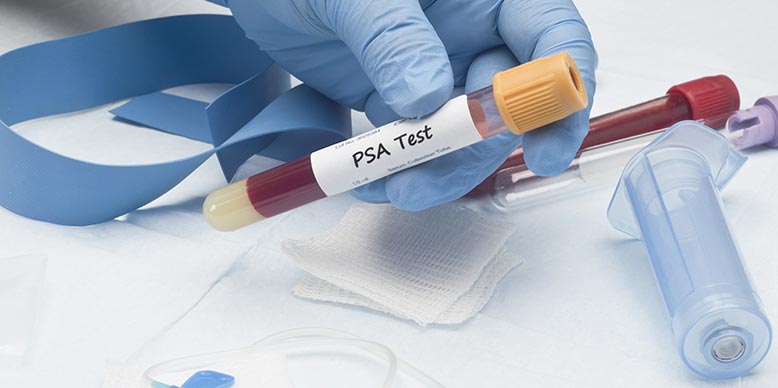The question of whether or not to screen for prostate cancer was brought into the national spotlight by the US Preventative Services Task Force (USPSTF). The USPSTF was created in 1984 as a panel of “experts” who make evidence-based recommendations about clinical preventive services such as screenings. In the past, this agency tried to do away with pap smears for cervical cancer screening, mammograms for breast cancer detection, and even testicular self-examination by men. In 2012 the panel recommended against PSA screening for the detection of prostate cancer. The panel consisted of primary care physicians and obstetricians. No Urologist, Medical Oncologist, or Radiation Oncologists were involved on the process. Their recommendations were based largely on the results of the heavily flawed PLCO screening trial (see discussion below). Please know that your Regional Urology physicians have been actively counseling Congress about the flaws in the composition of the USPSTF and reconsideration of the process and recommendations is underway.
See the USPSTF recommendations for Prostate Cancer screening
The two main studies that have looked at PSA screening to determine if it can improve early detection and ultimately improve cure rates are:
The European Randomized study of Screening for Prostate Cancer (ERSPC) is the largest randomized study in seven European countries comparing screening with PSA to no screening with over 182,000 men enrolled. After 13 years of follow up PSA screening significantly decrease the risk of death from prostate by 27%. A sub-analysis of participants from the Netherlands, after correcting for the 30% of patients in the control arm who were screened with PSA, showed a decreased risk of death from prostate cancer of 51%. The Goteborg Trial, the Swedish section of the ESRCP, had the lowest rates of contamination and showed a decreased risk of prostate cancer death by 40%. The latest analysis of this study show that only 13 men are needed to be screened for every life saved from prostate cancer. As follow-up continues the benefits of prostate cancer screening are expected to continue to rise.
The Prostate, Lung, Colorectal, and Ovarian Cancer Screening Trial (PLCO) randomized 76,000 men to prostate cancer screening vs. no screening. After 13 years the risk of death between the groups was no different. Many flaws in this study have lead to serious questions about the true value of the results. Many patients, 44%, were screened prior to entering the study. Around half (50%) of patients in the control arm (the patients not supposed to receive screening) had PSA screening during the study. One-third (30%) of patients with an elevated PSA never underwent prostate biopsy. Very few patients were African American (4%) or had a family history of prostate cancer (7%) which are significant risk factors for prostate cancer, therefore results may not apply to these populations. In the end, the PLCO study is not much more than a comparison between an already selected group of patients comparing screened vs partially screened patients.
Multiple national and international medical organizations support the use of PSA screening for prostate cancer:
American Urologic Association (AUA)
Risk and benefits of screening should be discussed with men aged 40 to 54 with risk factors for prostate cancer (family history, African-American race) and all men aged 55-69 and screening offered to patients based on their preferences.
https://www.auanet.org/education/guidelines/prostate-cancer-detection.cfm
National Comprehensive Cancer Network (NCCN)
Informed testing with PSA and DRE should begin at age 45 years. Repeat testing at 1- to 2-year intervals is recommended for men who have a PSA value ≥1.0 ng/mL and at 2- to 4-year intervals for men with PSA <1 ng/mL
http://www.nccn.org/professionals/physician_gls/pdf/prostate_detection.pdf (You must register for a free account to view).
European Association of Urology (EAU)
Offer early PSA testing to a well informed man at age 50 or at age 45 if they have a family history of prostate cancer or if they are African-American race.
http://uroweb.org/guideline/prostate-cancer/?type=pocket-guidelines
Large Urology Group Practice Association (LUGPA)
A baseline serum PSA level should be obtained in men in their 40s who have made an informed decision to pursue early detection of prostate cancer with repeat screening intervals individualized.
http://lugpa.org/lugpa-position-statement-psa-screening/


